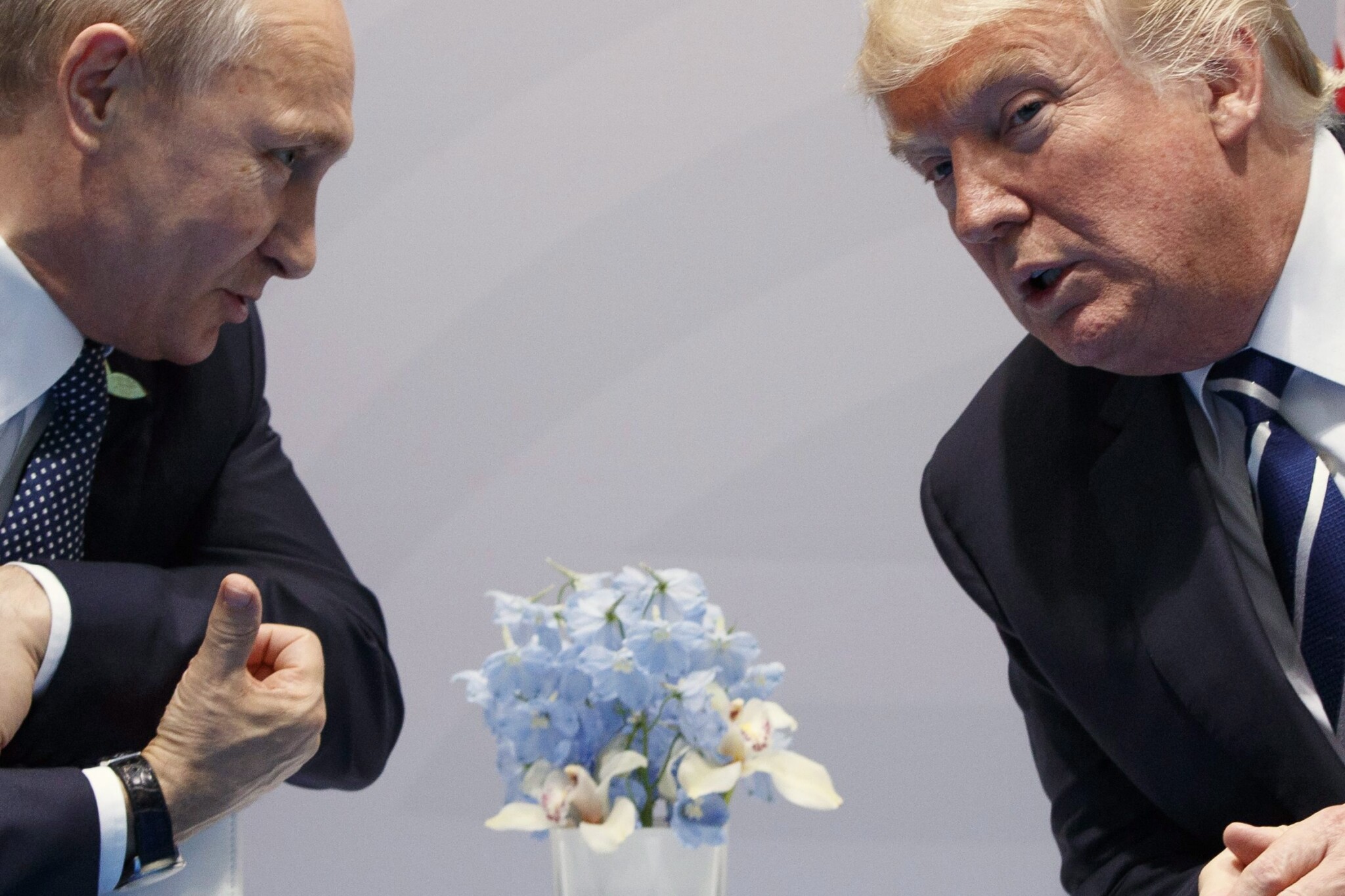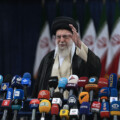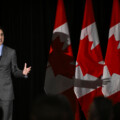In an astonishing development last week, an exasperated Ukrainian president Volodymyr Zelensky accused Donald Trump of living in a Russian “disinformation space.” This was a sharp rebuke from Zelensky, whose government has spent months trying to sweet-talk the new U.S. leadership into providing military, economic, and diplomatic support for his country, on the eve of the three-year anniversary of the war.
Zelensky seems to have been baited into his comments after Trump—without evidence—rashly claimed that the Ukrainian was a “dictator” with a “4 percent approval rating” (in reality, Zelensky’s approval is something closer to 60 percent). The president’s words, and his subsequent actions, may have trashed what had been a positive U.S.-Ukraine relationship for years to come. But, contrary to what many critics in the West are asserting, they are not coming from the lips of a Russian agent.
In the days prior, Trump had spoken to and even offered to meet the Russian president Vladimir Putin, promoted the economic blackmail of Ukraine, and offered to talk economic deals with an isolated Moscow at a U.S.-Russia summit in Saudi Arabia.
After Trump’s election victory last November, many Russians saw a glimmer of hope that might end the international isolation that has seen their country frozen out of diplomatic and economic relations with the Western world.
However, the events of the last week have left Russian politicians and propagandists in a state of “happy shock.” The state can finally tell its people that the vast financial (as much as $200 billion) and human expenditure (over 700,000 killed or injured) on its war of aggression against Ukraine was worthwhile. Might is right, and Russia is back as a great power. Now Russians can see a way not just out of the cold, but into the centre of world politics.
Western commentators are as dismayed as their Russian counterparts are astonished. Trump seems to have given way to most of Putin’s demands before the real negotiations have even begun.
Trump’s rhetoric today is a far cry from that of the man who, in his first presidential term, may have been firm toward Ukraine (recall his first impeachment trial took place over an attempt to coerce Ukraine into investigating political opponent Joe Biden), but who also provided weapons to Kyiv and used sanctions to hinder Russian pipeline construction.
Is Trump now living in a “disinformation bubble”? Or, as some, like Canadian former minister and ambassador Chris Alexander suggest, is he even a “Russian asset”? As a professional scholar of Russian propaganda and war, I believe that the reality is not quite so nefarious. However, it is no less alarming.








